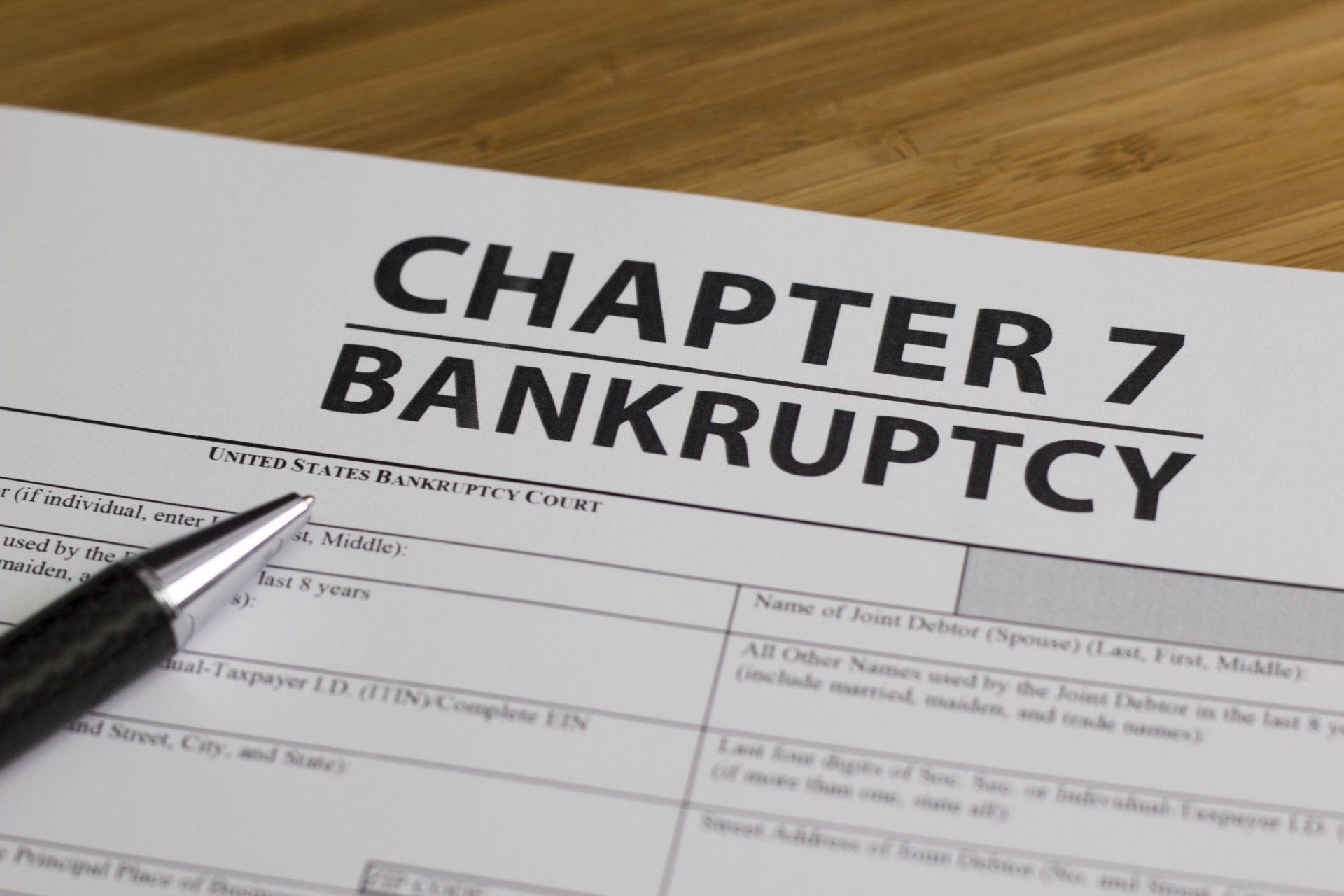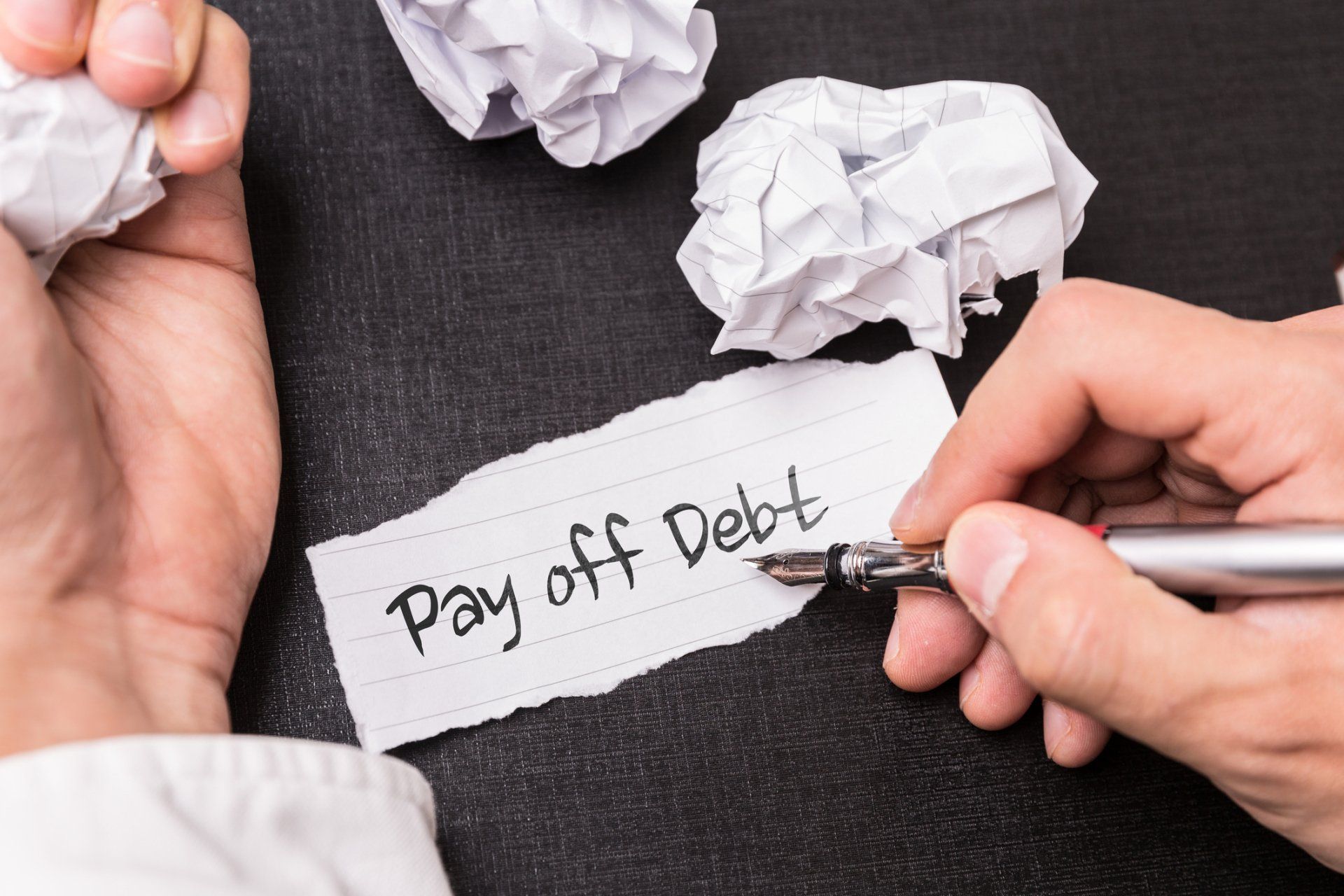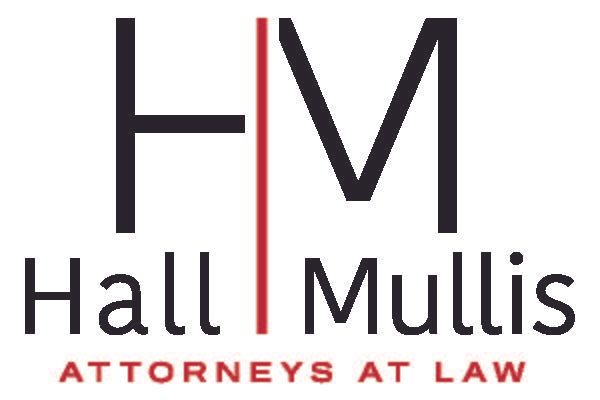Straight Bankruptcy or Liquidation
Chapter 7 is the quickest, easiest way to get out of debt. Like all chapters of bankruptcy, however, it has pros and cons that you should discuss with a lawyer before you decide to file.
Chapter 7 Eliminates Most Debts
Under Chapter 7, unsecured debts such as medical bills, personal loans and credit cards will be discharged. This means you do not have to repay them.
Secured debts may be discharged if you return the collateral to the creditor. For example, if you can no longer pay your auto loan and do not plan to keep your car, you can return it to the creditor and your loan will be wiped out. You can also choose to keep your car and continue making direct payments to the creditor.
Chapter 7 provides the automatic stay, which prevents creditors from harassing you and taking collection actions against you. This means that while the bankruptcy is in progress, no creditor or collection agency can contact you, foreclose on your home or repossess any property.
We will put your finances through the Chapter 7 means test to determine whether you qualify. If you do not, you may be able to file Chapter 13 bankruptcy instead.


Reasons for Filing Bankruptcy Chapter 7
- To Get Out of the Credit Card Trap
A Debtor is caught in the credit card trap when the number of minimum payments due for all of the credit card debts uses all of the Debtor’s income to the point that the Debtor cannot reduce the debt or cannot make all of the minimum payments. In Bankruptcy, the Debtor can reduce or eliminate these debts to allow the Debtor to use its income to provide the necessities of life such as food, clothing, shelter, medical care, transportation, insurance and utilities.
- To Obtain Relief from Burdensome Debts
Burdensome debts are those that are excessively high or excessively numerous. The most common burdensome debts are those arising out of deficiencies for repossessed property, those arising from major medical procedures, and those arising from loss of employment. In Bankruptcy, the Debtor can reduce or eliminate the debts.
